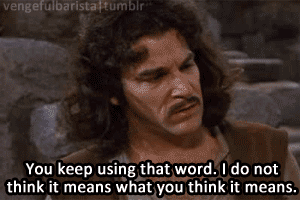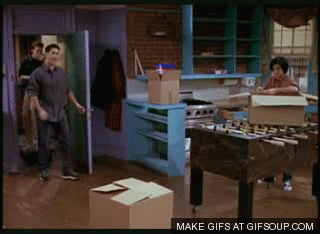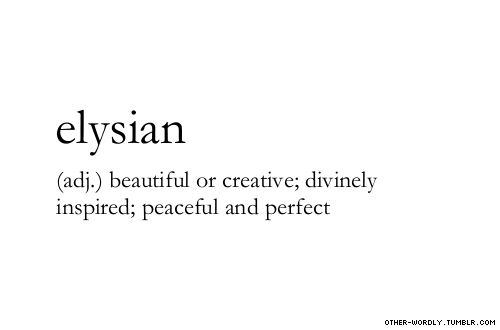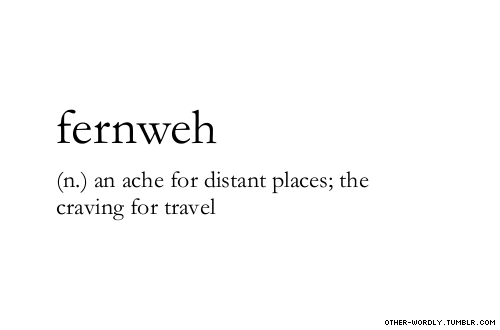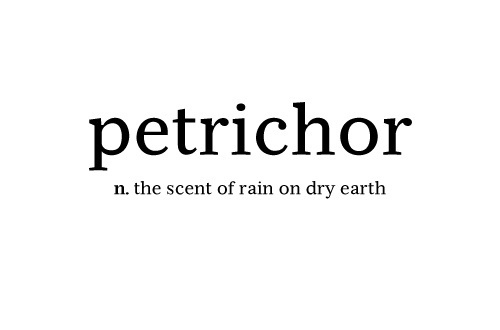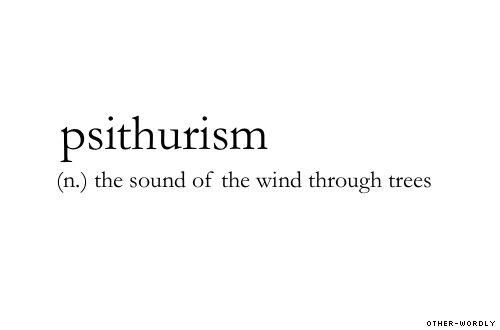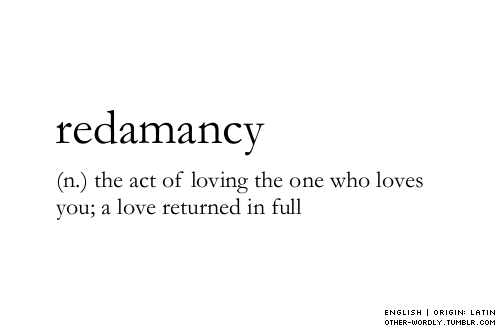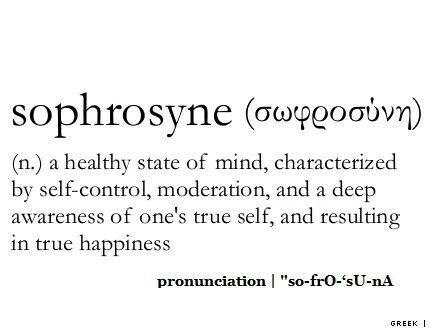Time and Habits
/I distinctly remember writing about having not written in a while at the top of my last post. Back in November of LAST YEAR.
Not to steal from Britney, but...
Oops, I did it again.
I just haven't been writing recently. Which is not great. Writing is good for me.
Granted, I have not been writing for some fairly positive reasons: my job, general busyness. But, I can't help feeling as though I'm allowing something to atrophy. People do tend to speak of creativity as a muscle and by not actively flexing it, am I allowing it wither?
Huh. I wrote those previous words in February.
It's June.
This is now officially a problem.
Seeing as how this has become a pattern — a pattern of absence— what is it? What is it about time and habits that has led to this abandonment of something I love and intended to grow?
HA! So I freely admit to adding those last lines and then proceeding to sit there staring at my computer screen for a couple days, my fingers hovering over my keyboard, without a single thing to say. I was stuck. I intended to blather on for a bit about precisely why I stopped writing, but the words weren't coming. I knew it pretty much had something to do with a promotion at work, busier personal life and the such. But who cares? It's always stuff like that when we stop tending to things that we promised ourselves we would prioritize.
As I sat there, fingers fluttering, I believe my thought was that I should delve deep into the 'why' of it all and create an abstract theory that poked around concepts of habits and choices, but it all got lost in it's lack of purpose.
Because I realized that wasn't the story. That story was boring. It doesn't provide value to say that at the end of a work day I started choosing unwinding with Netflix over mining my brain for cohesive thoughts about life.
What matters it what comes next. Starting from here.
Declaring that starting now I'm committing to writing one post a week. Which may very well result in some short and/or obscure posts (so dear, kind reader you have been warned), but ultimately should force me into a new habit.
A habit of being accountable to this work.
And that, to me, is way more interesting. Because this serves. It's of value to move forward and make a commitment to writing on the regular. I tried simply acknowledging that I wasn't writing and that succeeded only in continuing my hiatus. Instead, I'm going to take a stab at accountability.
Make this declaration here in writing both for myself and to perhaps inspire a little bit of commitment in anyone who also may have let something slip aside.







